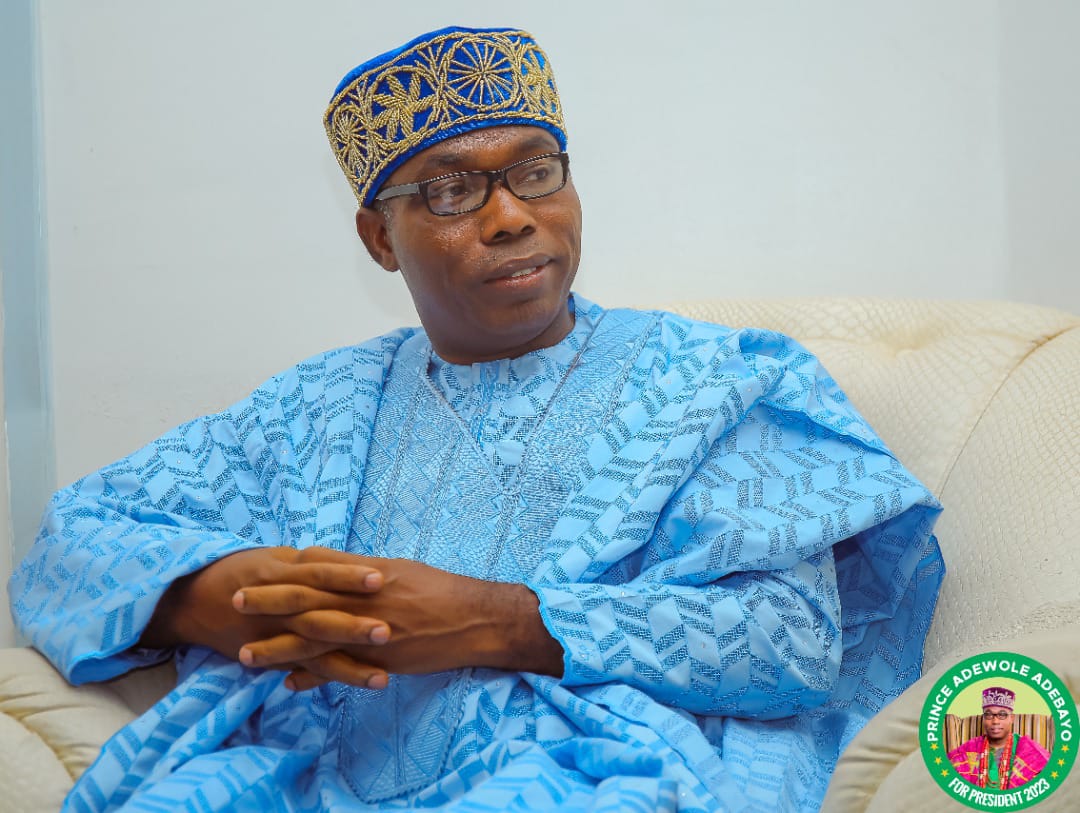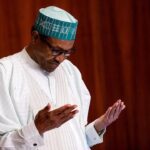The Social Democratic Party’s (SDP) flag-bearer in the last presidential election in Nigeria, Prince Adewole Adebayo, has called for an urgent electoral reform that would ensure that winners in any election are not sworn into offices until the cases against them in courts are concluded.
He stressed that politicians were only interested in getting power and not justice.
He commended the Supreme Court for quick dispensation of justice in the last presidential election petition, even as he insisted that the courts could still do better by ensuring that all matters relating to elections are thrashed and done with before anybody is sworn into office.
He lamented that what causes tension in the land most often is because the court doesn’t have what the politicians want.
“So, there is no time in the history of election litigation that the politicians will be satisfied with the court because the court can only give you justice. Politicians don’t want justice. They want judgment leading to power. So, they see the court as another layer of getting power. But the court isn’t designed to give you power. The court is designed to give you justice. So, sometimes you may get justice, but if justice doesn’t land you in power, you say this isn’t justice,” he said.
On the Supreme Court’s emphasis on technicality rather than on the substance of the case with a particular reference to how President Bola Tinubu’s Chicago State University certificate was handled, Adewole who is a lawyer, stressed that in election matters, there are three things to be considered.
“One, for people who are not lawyers, everything about law boils down to technicality to them. Two, election matter is said to be sui-generis; it doesn’t follow the traditional procedural, technical and substantive form because election itself is technical in nature. The whole jurisprudence of election is technical by nature. Three, the claim of the party before the court was not a substantive claim, it was a claim based on technicality because if I come to court and say I scored the highest votes and I can prove it; that is substantive. If I come to court and say well, the other person scored higher votes than me but he is not qualified, that is technicality,” he said.
He also raised concern about the mode of appointment of both the Court of Appeal and Supreme Court justices, saying a situation where the president has the final say is not good for the country. He condemned situations where the National Judicial Council (NJC) could only recommend since the President is at liberty to accept or reject such recommendations.
He said: “From my reading of the constitution, the president is even more powerful than any other person because he is the one who can appoint. The National Judicial Council (NJC) can only make recommendations to the president. If the president isn’t satisfied, he won’t appoint, and that is the end. But, if the president appoints somebody and the judiciary isn’t happy, the person stays, though the person may have a hard time.”

 Join Daily Trust WhatsApp Community For Quick Access To News and Happenings Around You.
Join Daily Trust WhatsApp Community For Quick Access To News and Happenings Around You.


